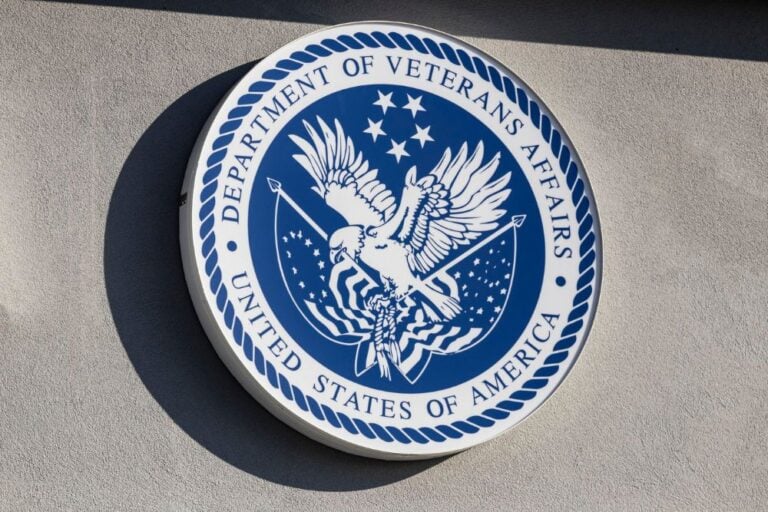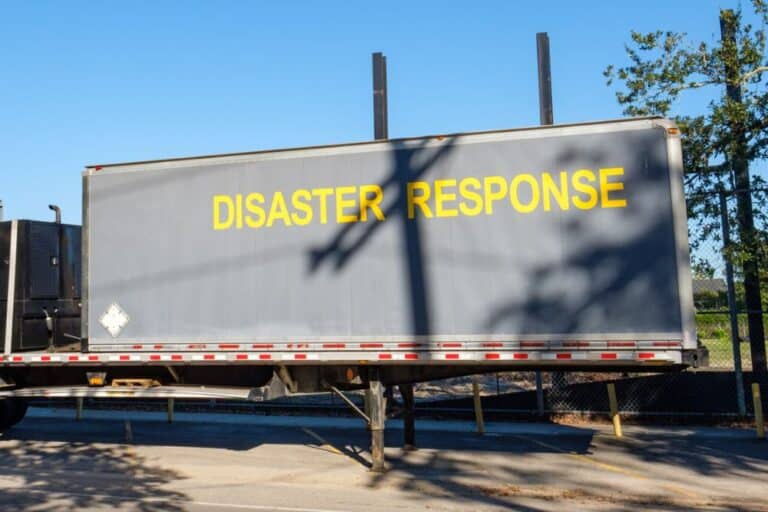VBA Initiates Shift Away from Compulsory Overtime to Mitigate Staff Burnout
The Department of Veterans Affairs (VA) is navigating through a period of significant transformation as it aims to meet the growing needs of veterans while also addressing internal concerns about workforce sustainability and operational efficiency.
Subscribe to our weekly newsletter and stay up to date.
Unprecedented Achievements in Benefits Processing
The VA recently highlighted a landmark accomplishment in its history: the processing of its one millionth veteran benefits claim for fiscal 2024, achieved weeks ahead of the previous year’s schedule. This milestone reflects the VA’s commitment to serving the veteran community more efficiently than ever before. Undersecretary for Benefits Joshua Jacobs commented on the efforts to maintain this momentum, stating, “We are working very hard to move away from mandatory overtime. I don’t think it is sustainable in the long term.”
This surge in claims processing comes as veterans apply for benefits at unprecedented rates, prompted by legislative changes such as the PACT Act, which broadens healthcare and benefits eligibility for veterans exposed to toxic substances. This increased demand has led the Veterans Benefits Administration (VBA) to request nearly double its overtime budget for fiscal 2025 to manage the workload effectively.
Rethinking Overtime to Prevent Burnout
The agency’s reliance on mandatory overtime has been a crucial factor in meeting processing demands. However, the VBA acknowledges the potential for employee burnout. Currently, VBA employees are expected to complete 20 hours of mandatory overtime each month. The agency aims to alleviate this by introducing “respite periods” and exemptions, particularly for employees with disabilities.
Jacobs shared insights into the agency’s future direction, emphasizing a strategic approach: “We’re actively considering options that will allow us to achieve our primary mission, while also ensuring that our workforce can do that sustainably in the long term.” This reflects a commitment to maintaining service quality without compromising staff well-being.
Expanding the Workforce: A Necessity and a Challenge
In response to increasing service demands, the VBA expanded its workforce by 20% last year, growing to a staff of 32,000. This expansion aims to not only manage the growing workload but also to improve service delivery quality. Jacobs attributes the ability to deliver timely, accurate, and equitable decisions largely to the dedication and growth of the VBA team.
Focusing on Women Veterans’ Needs
The agency has not overlooked the specific needs of women veterans, who represent a rapidly growing segment of the veteran population. The VA reports delivering disability compensation benefits to over 700,000 women veterans, a significant increase over the past five years. This progress is part of a broader effort to make the VA more accessible and responsive to the unique needs of women veterans.
Improving Military Sexual Trauma Claims Processing
The VA is also intensifying its focus on Military Sexual Trauma (MST) claims, a critical area requiring sensitive and timely handling. The agency has made strides in reducing average processing times and increasing the support staff dedicated to these cases. These efforts are part of a broader initiative to ensure that all veterans, regardless of their experiences, receive the support and benefits they deserve.
Moving Forward
As the VA continues to set records in service delivery, the challenge lies in maintaining this level of productivity while ensuring the welfare of its workforce. The agency’s initiatives to reduce mandatory overtime and expand its workforce reflect a comprehensive approach to meeting the needs of veterans without sacrificing the quality of life for its employees. The ongoing efforts to streamline processes and improve efficiency underscore the VA’s commitment to serving the nation’s veterans with the respect and diligence they deserve.
FAQs
Why is the VA moving away from mandatory overtime for its employees?
The Department of Veterans Affairs is seeking to reduce mandatory overtime to prevent employee burnout and create a more sustainable working environment. Undersecretary for Benefits Joshua Jacobs has stated that the agency recognizes the long-term unsustainability of continuous mandatory overtime and is exploring alternative solutions to balance the workload while ensuring the well-being of its staff.
How has the workload changed for the VA in recent times?
The VA has experienced a significant increase in workload, particularly with the Veterans Benefits Administration (VBA) processing 35% more claims than in the previous year. This surge has been attributed to various factors, including legislation like the PACT Act, which expanded eligibility for VA health care and benefits for veterans exposed to toxic substances.
What measures is the VA taking to support its employees amidst increased work demands?
In addition to moving away from mandatory overtime, the VA has introduced “respite periods” during which employees are exempt from overtime requirements. The agency has also expanded its workforce by 20% and is implementing policies to provide a healthier work-life balance for its staff.
What improvements has the VA made regarding the services provided to women veterans?
The VA has made strides in serving women veterans by delivering disability compensation benefits to over 700,000 individuals. Efforts to improve services for women veterans include targeted outreach and initiatives to ensure that VA services meet the specific needs of this growing cohort within the veteran population.
How is the VA addressing the processing of Military Sexual Trauma (MST) claims?
The VA has doubled the number of applicants for MST claims and reduced average processing times. Additionally, the agency has increased the number of staff members dedicated to processing these claims and has enhanced training for claims processors to ensure sensitive and efficient handling of MST cases.







Eliminate VHA, double veterans benefits, give everyone else an insurance card. VHA mental health is a scam of historical proportion. All they are doing is keeping tabs on you or babysitting you for money. Nobody needs that shit. Especially not at the expense of constitutional rights.
You are correct, but hey no one wants to understand that, the entire scam called the VA is to obtain data on a veteran and then use it against that and other veterans, Yes a universal medical card issued to a veteran for medical care and expenses designed to provide the authorized services based on the percentage of disability and being able to go to any community care facility is a far better approach that the VA uses, as well as reducing the operating costs of the VA, but hey who would pay these gold bricks at the VA if that were to take place
have you ever been at a a VA and just looked, Staff burnout, these staff people have never worked hard
in a normal forty hour week I sincerely doubt if they actually “WORKED” 25% of that time. If I behaved like these staff individuals do at work I would be fired for incompetence and non productivity. Staff employees are definitely under worked and drastically OVER PAID for what they think they do. Do not misunderstand these comments the people in question are the STAFF people not the nurses, lab techs etc, we are talking “STAFF”
administrative paycheck holders. A lot of useless political red tape, forms, repetitive form requirements, too much time surfing the internet remove all the bureaucratic nonse added to programs and forms etc that would also be a area to address.